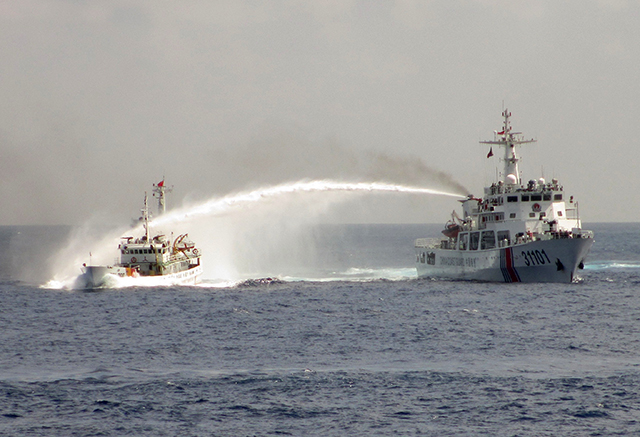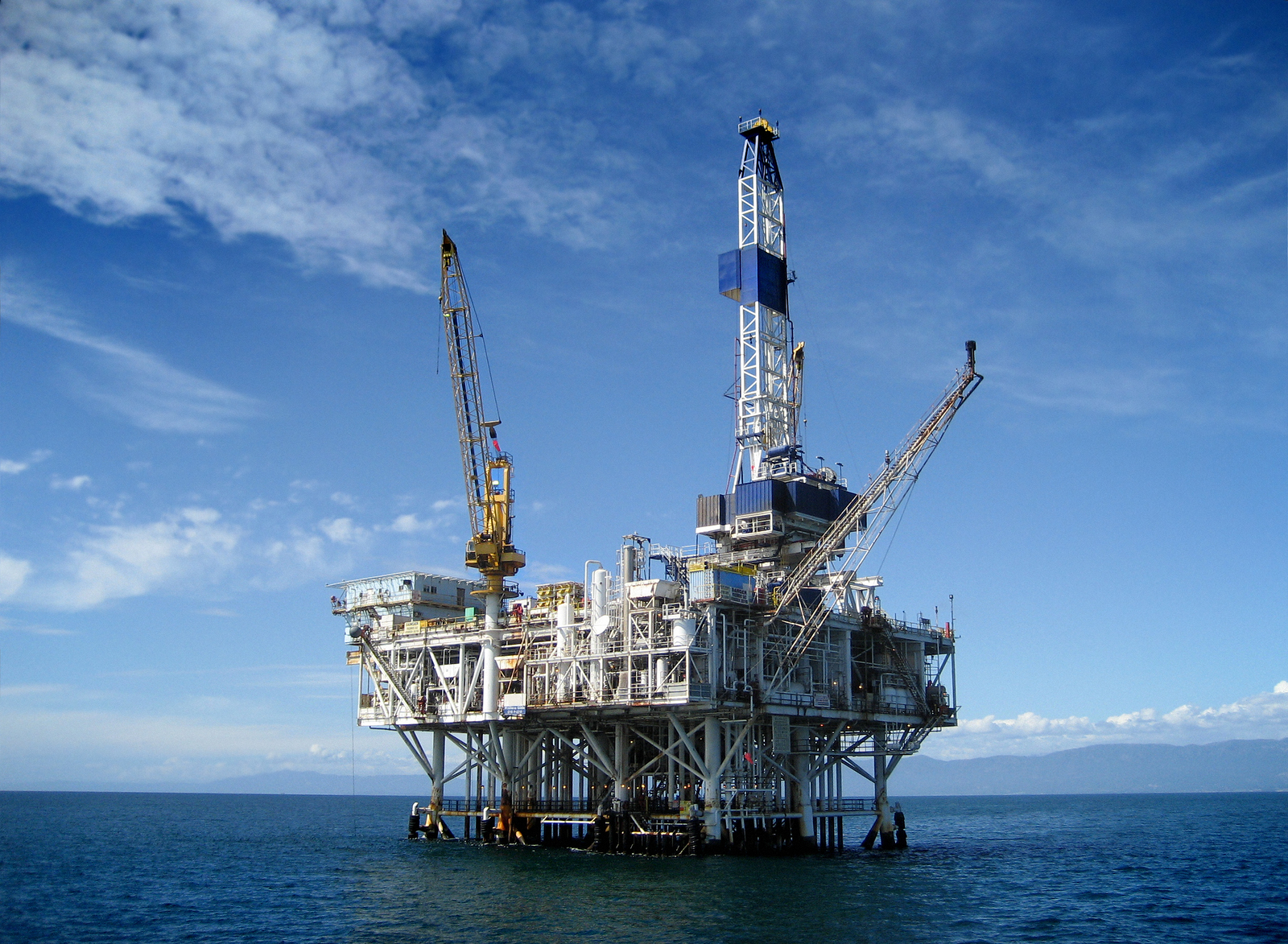
The acquisition of natural resources in the face of global opposition has always been a crucial component of successful statecraft. The ability to acquire these resources, sometimes forcefully, is what separates regional players from global superpowers. Nowhere is this philosophy truer than in modern South East Asia, where regional players must now compete with a rapidly emerging hegemon that has been gaining momentum in recent years.
Although the field of international affairs has been long-dominated by the foreign policy decisions made by the United States and Western Europe, it has become fundamentally altered with the emergence of rising economies in South East Asia. China, a growing player on the world stage, has been rapidly expanding in both economic clout and geopolitical influence. As China’s growth continues unfettered by the crises that seem to be afflicting the rest of the world, its continued modernization will require extensive resources to match its ambitions of one day surpassing the United States as the planet’s foremost superpower.
As a product of its expansion, China’s rise to power has also been accompanied by rising tensions in South East Asia. The nexus of this tension surrounds potentially vast untapped hydrocarbon reserves located in the South China Sea. In an effort to secure these resources, China has laid claim to a significant expanse of the region’s islands and waters, thereby bringing it into direct conflict with its regional neighbours including Taiwan, Vietnam, Indonesia, Malaysia, Brunei, and the Philippines. If China can successfully secure these areas in spite of opposition, the country will be able to meet its rapidly expanding energy requirements. According to the European Institute for Security Studies, China’s oil import dependency has risen to 50% since first becoming a net importer of oil in the 1990s. As such, oil dependency has become a major issue in Chinese energy security.

The U.S. Energy Information Administration estimates that the South China Sea holds close to 11 billion barrels of oil reserves and an additional 190 trillion cubic feet worth of natural gas reserves (including both proven and probable reserves). The Chinese National Offshore Oil Company (CNOOC), however, believes that the area could hold up to 125 billion barrels of oil and up to 500 trillion cubic feet of natural gas. Other regional players also have incentive to make claims of their own. In an effort to achieve energy security, countries within the general proximity of the South China Sea have been pursuing offshore hydrocarbon exploration and production activities.
As a result of this increased competition, tensions in the region have been on the rise. As noted by the US Department of State, hostilities between China and Vietnam erupted on May 7 when China introduced an oil rig accompanied by 80 Chinese government vessels into waters disputed by Vietnam. Vietnam responded to this action by sending law enforcement vessels into the area which were quickly met by Chinese water cannons. China characterized the use of these cannons as an act of restraint, and stated that China’s drilling operations were legal because they were in “China’s inherent territory.” According to Wu Shicun, president of the Chinese think-tank National Institute for South China Sea Studies, “China will keep moving ahead with its plan, no matter what Vietnam says and does.”

China has repeatedly asserted that its presence in the area is completely legal. International maritime law considers the exclusive economic zone of a given country to extend up to 200 nautical miles (nm) from its borders. Vietnam believes that China’s oil rig is located beyond this limit (225nm from its closest border, Hainan Island), thereby making its presence unlawful. China has circumvented this rule, however, by claiming ownership to the Paracel Islands (30nm from the drilling site). In doing so, China is able to stake a claim for exclusive economic use of all resources located within a 200nm radius of these islands.
The legal dispute between China and Vietnam presents a risk to international security, and has catalyzed the rise of nationalism on both sides. Vietnam’s government cannot afford to be seen as bowing to Chinese demands while China cannot afford to risk the credibility of its claim to the area, especially given the nature of the country’s rapidly growing energy requirements.
In an effort to resolve disputes such as this, regional players like Malaysia have suggested resolution through peaceful means via international arbitration. For explanatory purposes, international arbitration involves two or more countries agreeing to accept the decision of a neutral party (such as the International Court of Justice (ICJ)) on a specific issue. Although this form of conflict mediation appears reasonable, China is unlikely to accept international arbitration when it already has effective control over the disputed area in question. It would be in China’s best interests to simply ignore protests by other regional powers and control its disputed territories by brute force. Overall, whether or not China and its neighbours can arrive at an amicable division of territory is something that has yet to be seen.




